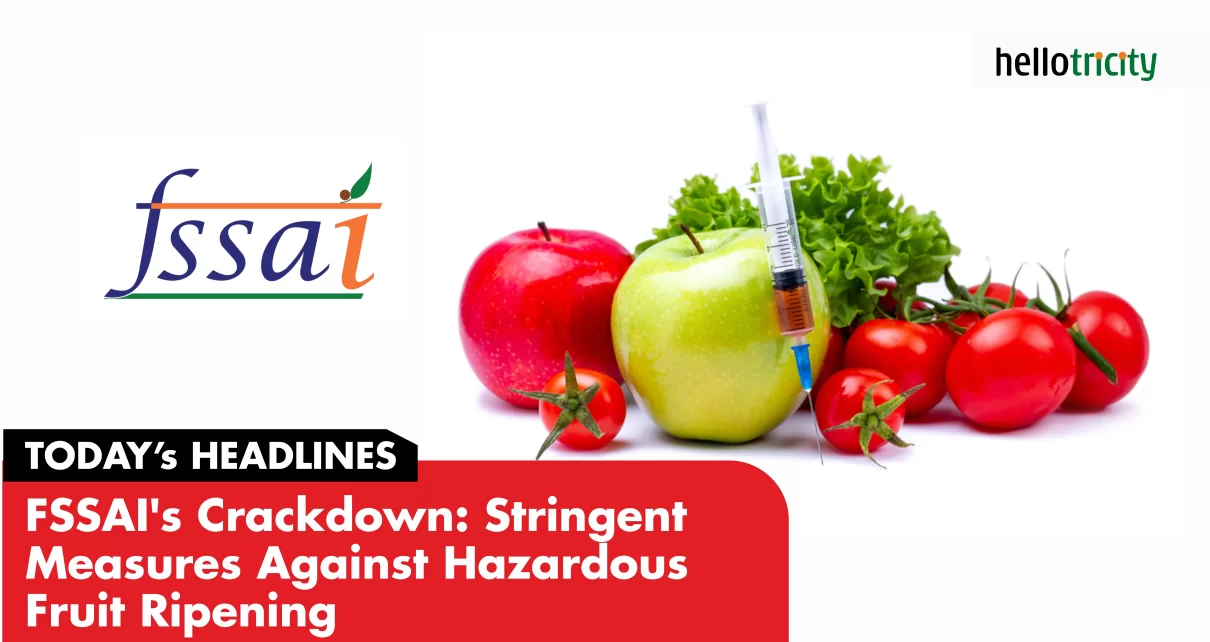At the perilous utilization of calcium carbide in artificial ripening of fruits, Food Safety and Standards Authority of India (FSSAI) has escalated measures to protect the public health. This decisive move comes amid mounting concerns over the persistent defiance of regulations banning this hazardous chemical.
Commonly dubbed as “masala” by traders, calcium carbide is notorious for releasing acetylene gas during the ripening process. This gas, laden with traces of arsenic and phosphorus, poses severe health risks upon consumption. From dizziness and nausea to more severe ailments like skin irritation and even cancer, the repercussions of ingesting fruits ripened with calcium carbide are alarming.
The timing of FSSAI’s stern warning aligns with the peak mango season in India, a period notorious for unscrupulous traders resorting to artificial ripening techniques to meet escalating demand. malpractices are particularly harmful to them because Mangoes have only a short shelf life and are in high demand in the market.
Fruit ripening is facilitated by a naturally occurring plant hormone called ethylene. Such fruits are able to ripen naturally without losing their own flavors, textures or other properties they may possess. This implies that when ethylene is used in this process, it is safe for human consumption according to FSSAI which recommends it citing reasons such as availability of safer and legally acceptable alternatives. It is also addressed in the organization’s guidelines, even though such options exist only as few silent whispers here nowadays due to stiff competition among traders.
Also Read: ICMR Issues Dietary Guidelines, Advises Caution For Tea And Coffee Enthusiasts
In tandem with issuing warnings, FSSAI has called upon state and regional food safety authorities to ramp up surveillance efforts. Regular inspections of fruit markets and ripening chambers have been mandated to deter non-compliance. The regulator has unequivocally stated its intent to meet out strict legal repercussions against any entity found flouting the ban on calcium carbide.
Recognizing the pivotal role of consumer awareness in combating this menace, FSSAI underscores several measures for public vigilance. Consumers are advised to patronize reputable vendors with demonstrated commitments to hygiene and food safety. Additionally, vigilant scrutiny of fruit quality, such as avoiding unnaturally colored or bruised specimens, is encouraged. Thoroughly washing fruits before consumption is also advocated to mitigate potential risks associated with residual contaminants.
FSSAI has taken a great leap towards protecting public health with its firm cross over the use of calcium carbide. A safer and health food ecosystem can be ensured by promoting a convergence amongst regulators, organizations and people that will see to it that all players involved are safe and sound.




